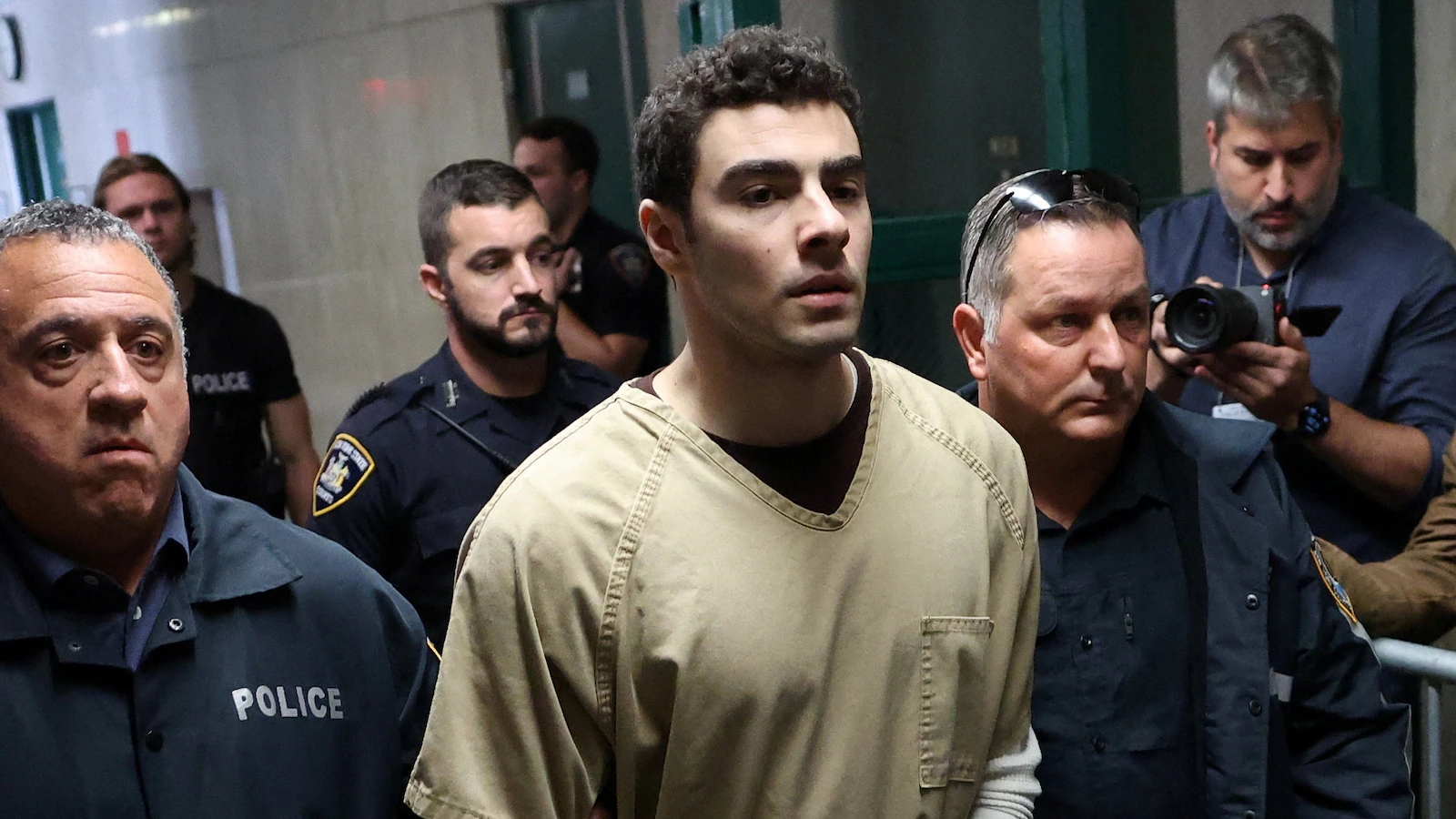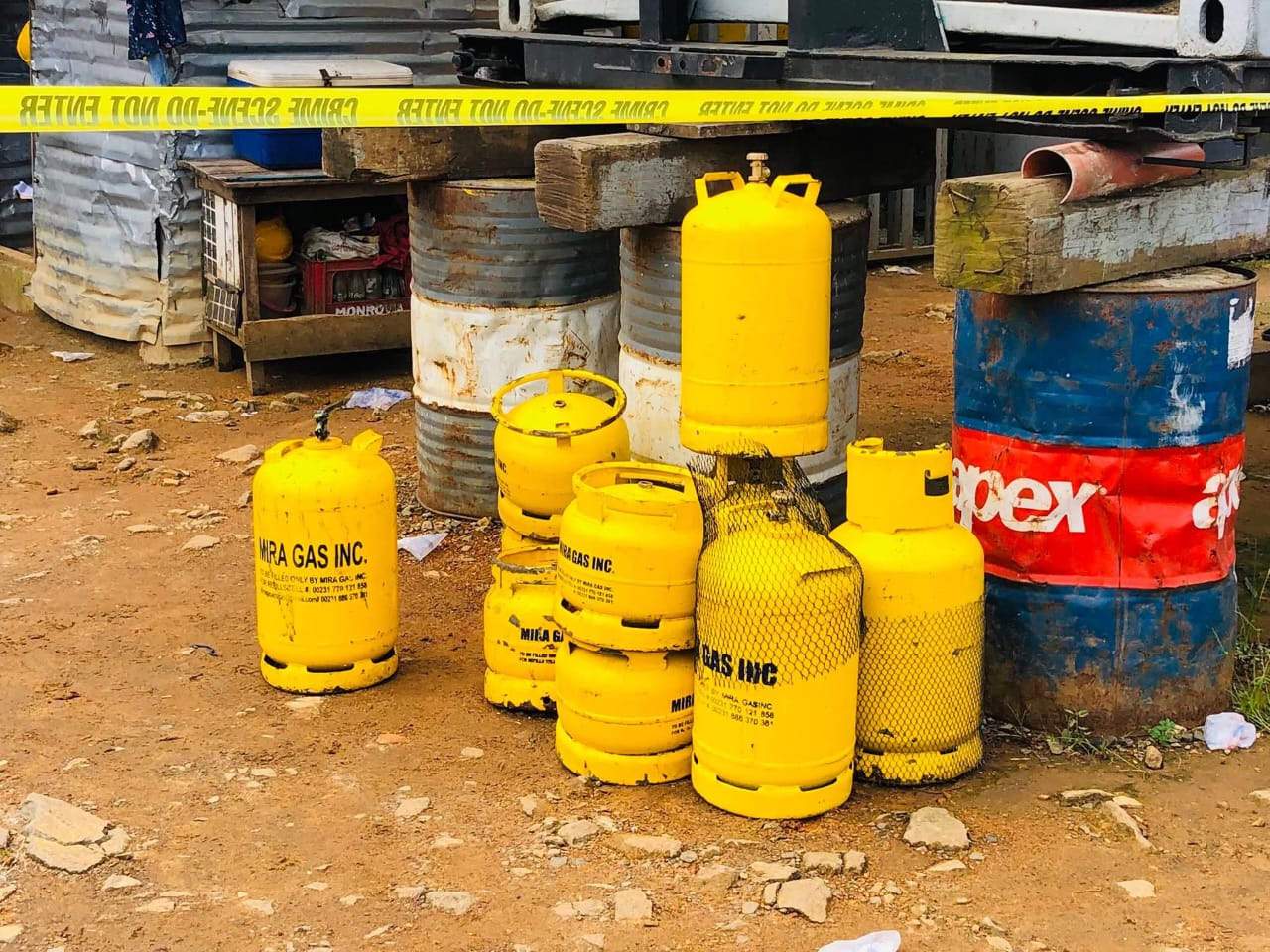By Aaron Katersky,Megan Forrester,Peter Charalambous
Copyright go

A judge dismissed two murder charges related to acts of terrorism as Luigi Mangione, the accused killer of UnitedHealthcare CEO Brian Thompson, made his first Manhattan courtroom appearance in five months on Tuesday.
Judge Gregory Carro tossed out the most severe charge, first-degree murder, accusing Mangione of murder as a crime of terrorism.
The judge said the evidence presented to the grand jury was insufficient to support the terrorism charge.
“While the defendant was clearly expressing an animus toward UHC, and the health care industry generally, it does not follow that his goal was to ‘intimidate and coerce a civilian population,’ and indeed, there was no evidence presented of such a goal,” the judge wrote in a decision issued on Tuesday morning.
Prosecutors argued Mangione’s actions intimidated or coerced employees of UnitedHealthcare, but Carro rejected the argument those fears are enough to justify a terrorism charge.
Carro also tossed a second-degree murder charge, related to killing as an act of terrorism.
The rest of the indictment remains, with the judge refusing to dismiss another second-degree murder charge, to which the accused killer has pleaded not guilty.
“We respect the Court’s decision and will proceed on the remaining nine counts, including Murder in the Second Degree,” the Manhattan District Attorney’s Office said in a statement following the ruling.
In addition to second-degree murder, Mangione will be tried in state court on two counts of criminal possession of a weapon in the second degree, four counts of criminal possession of a weapon in the third degree, one count of criminal possession of a weapon in the fourth degree and one count of criminal possession of a forged instrument in the second degree.
During his appearance on Tuesday, Mangione wore shackles and beige jail garb over a brown T-shirt. He did not speak during the brief hearing.
Three rows of supporters for Mangione were present at the hearing.
His next hearing is scheduled for Dec. 1.
Mangione is accused of shooting and killing CEO Brian Thompson with a 9 mm handgun equipped with a silencer on a Midtown Manhattan street on Dec. 4, 2024.
After a several-day manhunt, Mangione was captured in Altoona, Pennsylvania.
When police found Mangione at a McDonald’s in Altoona, he was carrying a backpack that investigators said contained the alleged murder weapon, a fake ID and a red notebook he used as a diary.
“I finally feel confident about what I will do,” one entry said, according to authorities. “The target is insurance. It checks every box.”
The defense argued police lacked a warrant, making the search of the backpack illegal.
A federal grand jury charged Mangione in April with two counts of stalking, firearms offense and murder through the use of a firearm, a charge that makes him eligible for the death penalty, if convicted.
Mangione has pleaded not guilty to state charges in New York and Pennsylvania as well as the federal charges. The simultaneous prosecutions put him in what his attorneys have called an “untenable situation” and they’ve asked Judge Gregory Carro to dismiss the state case, or at least put it on hold.
Prosecutors were hoping the judge would set a date for trial.
Mangione is also being ordered to appear in a Pennsylvania courtroom regarding those state charges. While he is currently being held in the Metropolitan Detention Center in Brooklyn, the Blair County District Attorney’s Office in Pennsylvania wants the accused killer to appear in court for a pretrial motion hearing scheduled for Nov. 7.
In Pennsylvania, Mangione has pleaded not guilty to charges of forgery, possession of an instrument of a crime and giving a false ID to an officer.
Health information ruling
Carro delivered Mangione an additional win in granting his request to block prosecutors from using materials they subpoenaed from his health care provider, Aetna.
Carro declined to issue a ruling on whether Mangione’s HIPAA rights were violated because prosecutors briefly reviewed the material.
The district attorney’s office said in a filing last month that there was nothing “secretive or nefarious” about a subpoena that sought “entirely unremarkable” information like Mangione’s account number and time period of coverage.
Prosecutors had said they requested limited information from Aetna and Aetna sent them additional materials in error. Prosecutors said they deleted the materials as soon as they became aware of them and brought it to the attention of both the defense and the court.
The error was compounded by defense counsel resending to prosecutors the very same items prosecutors had already deleted, a source familiar with the subpoena said.



